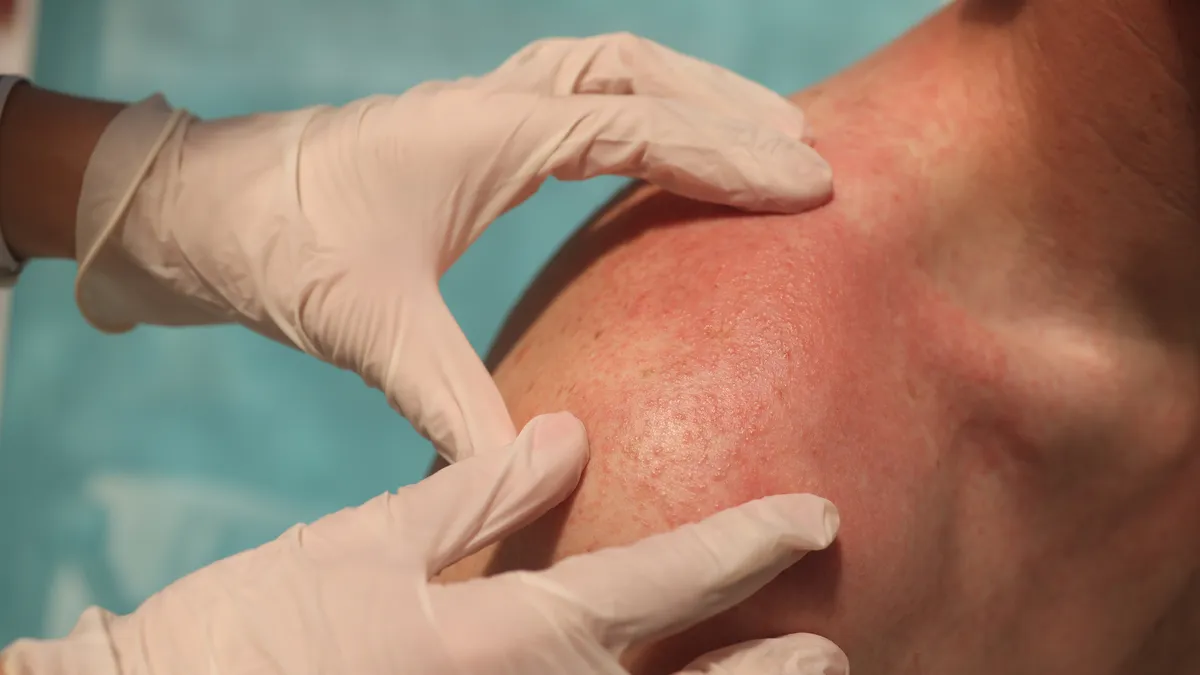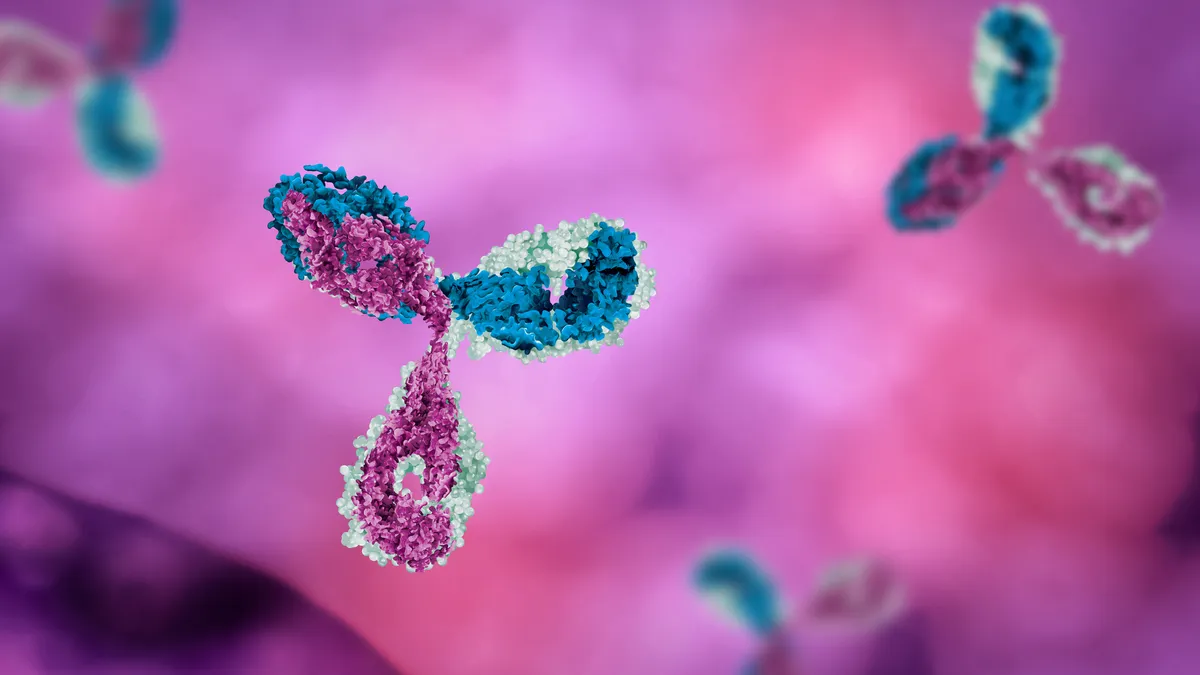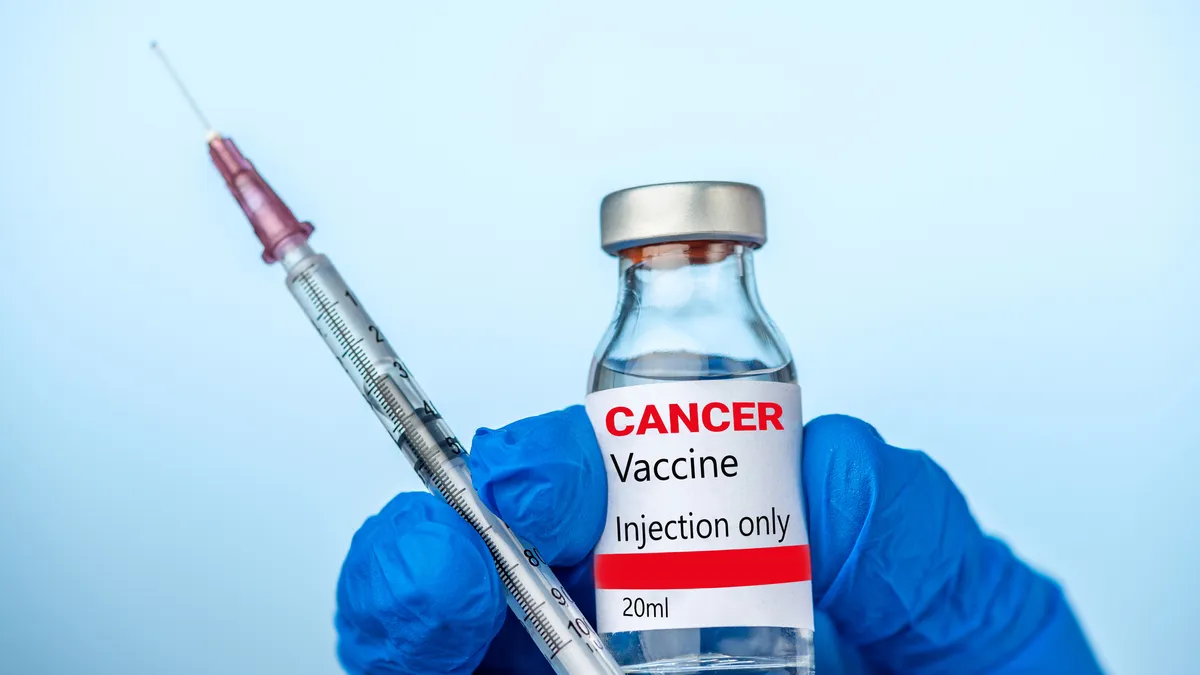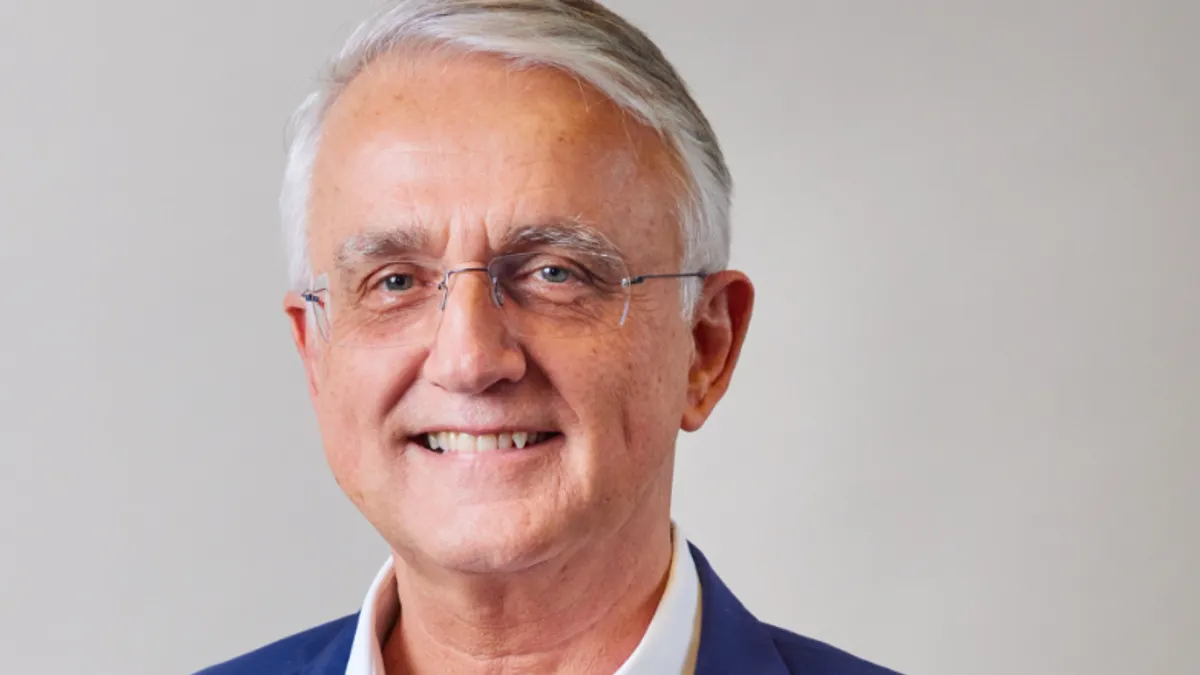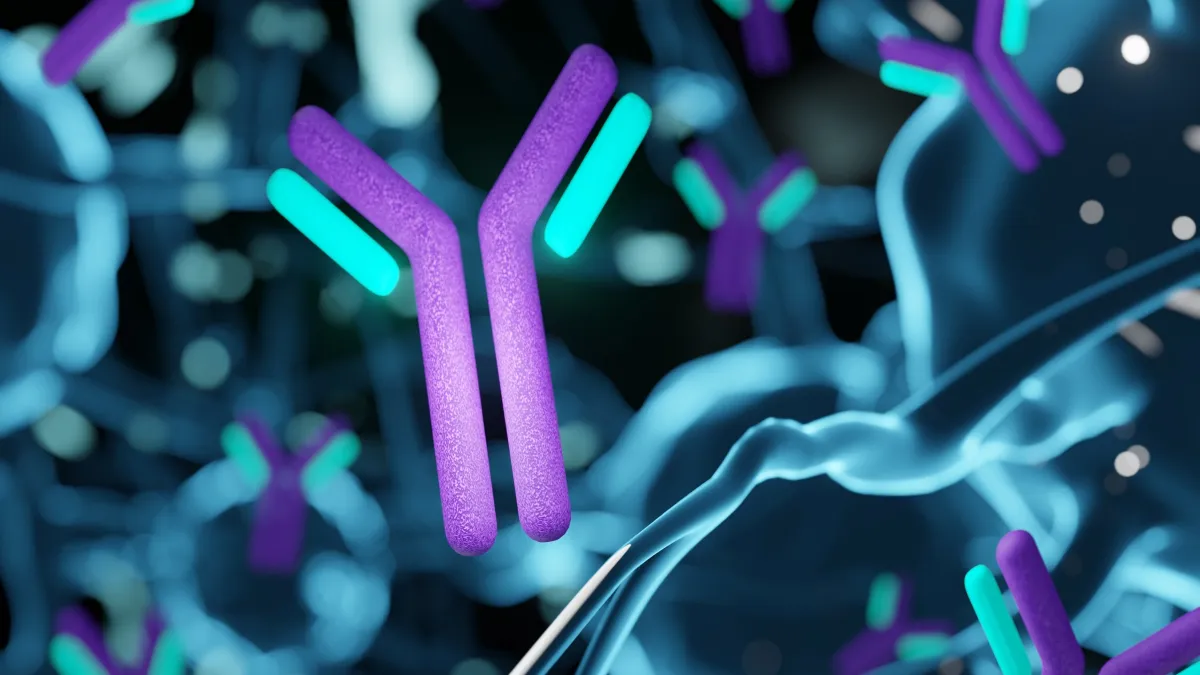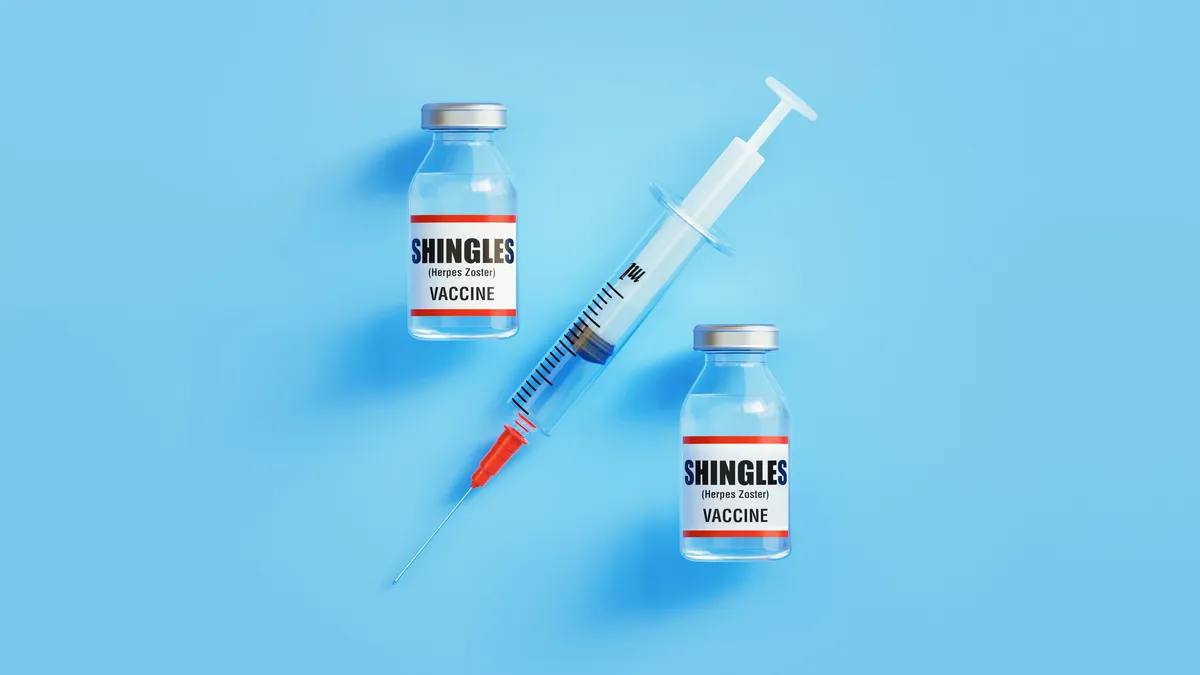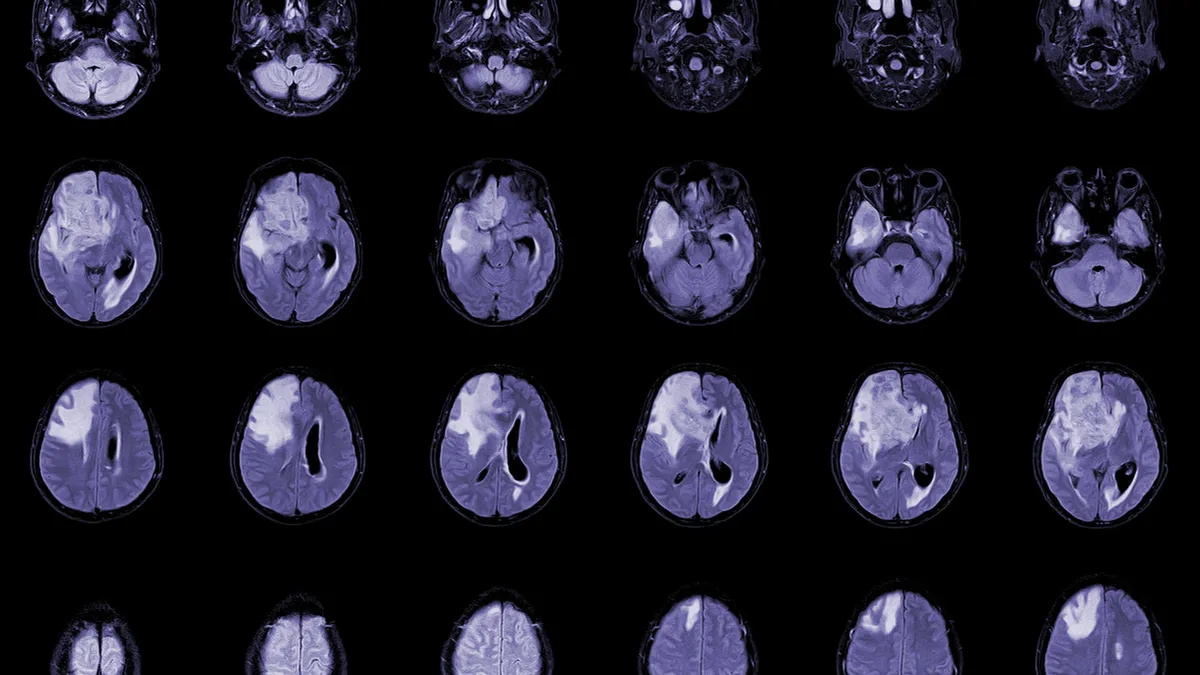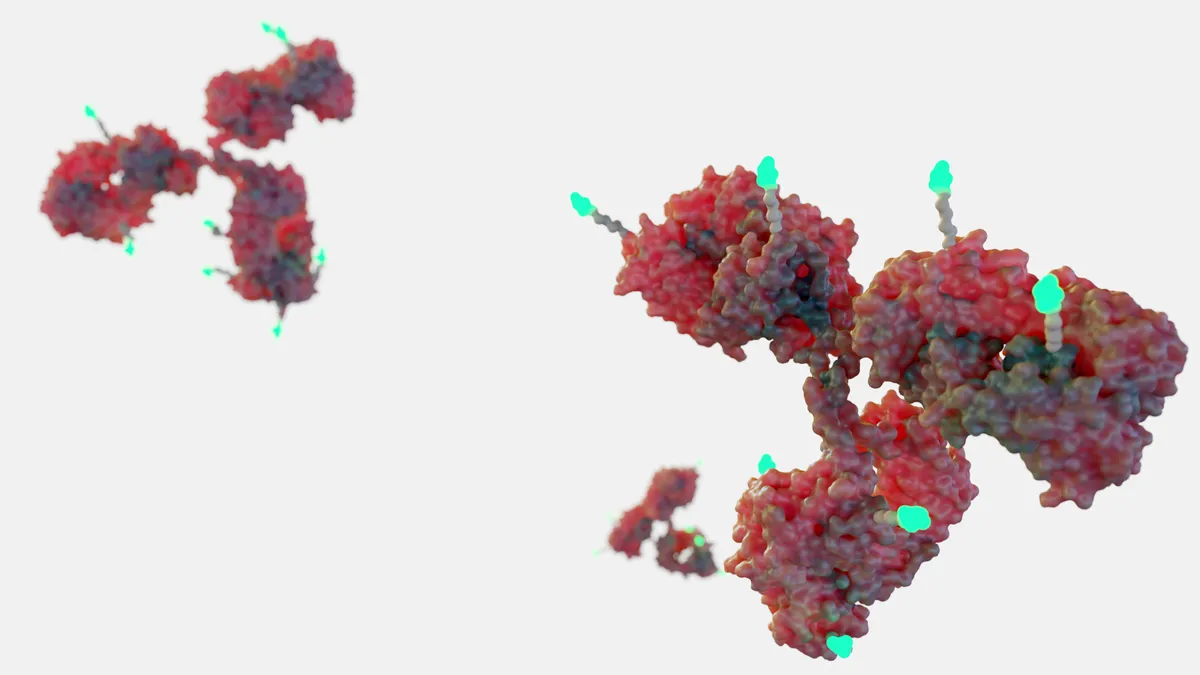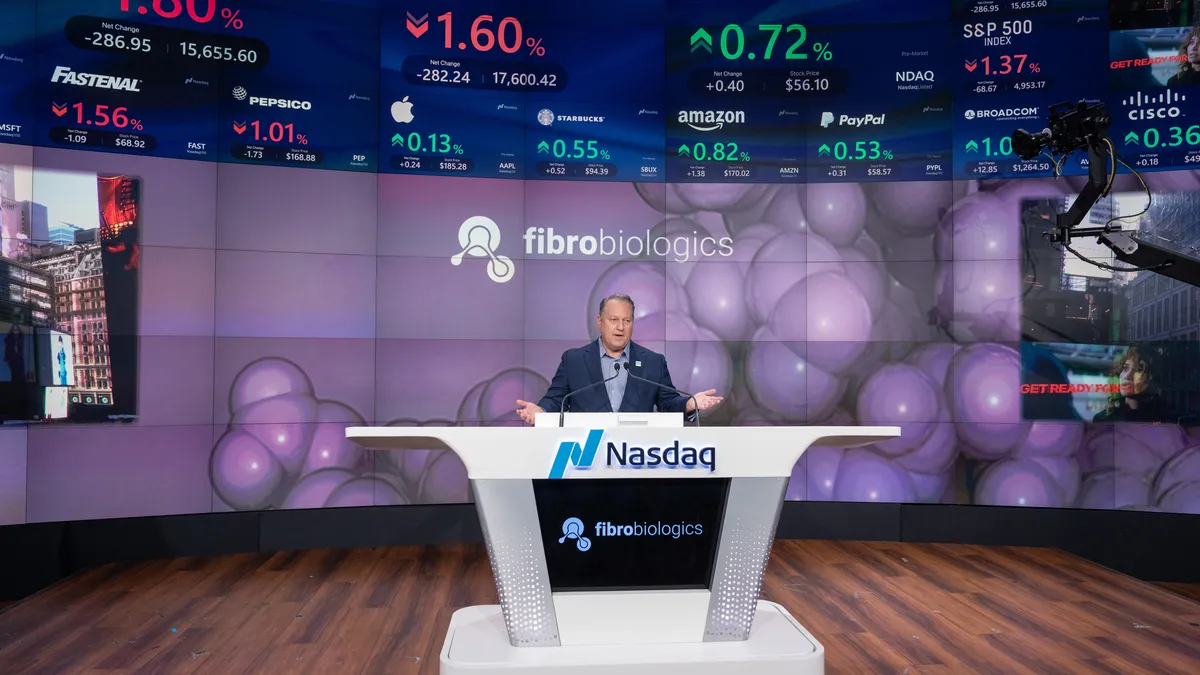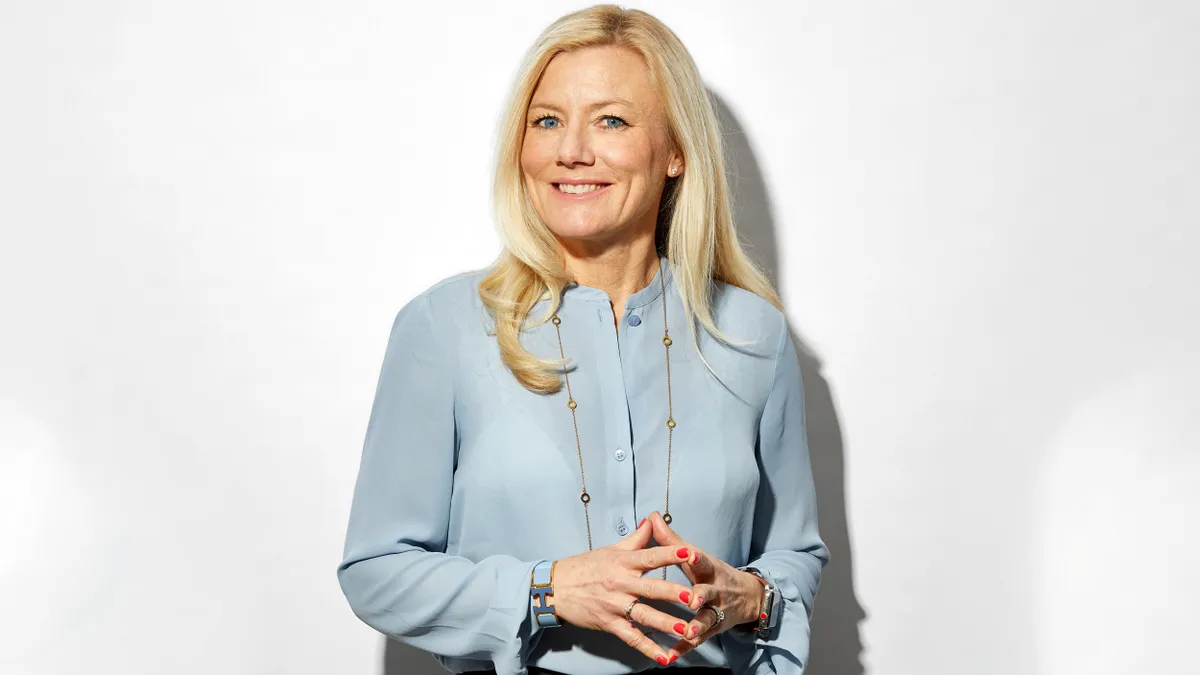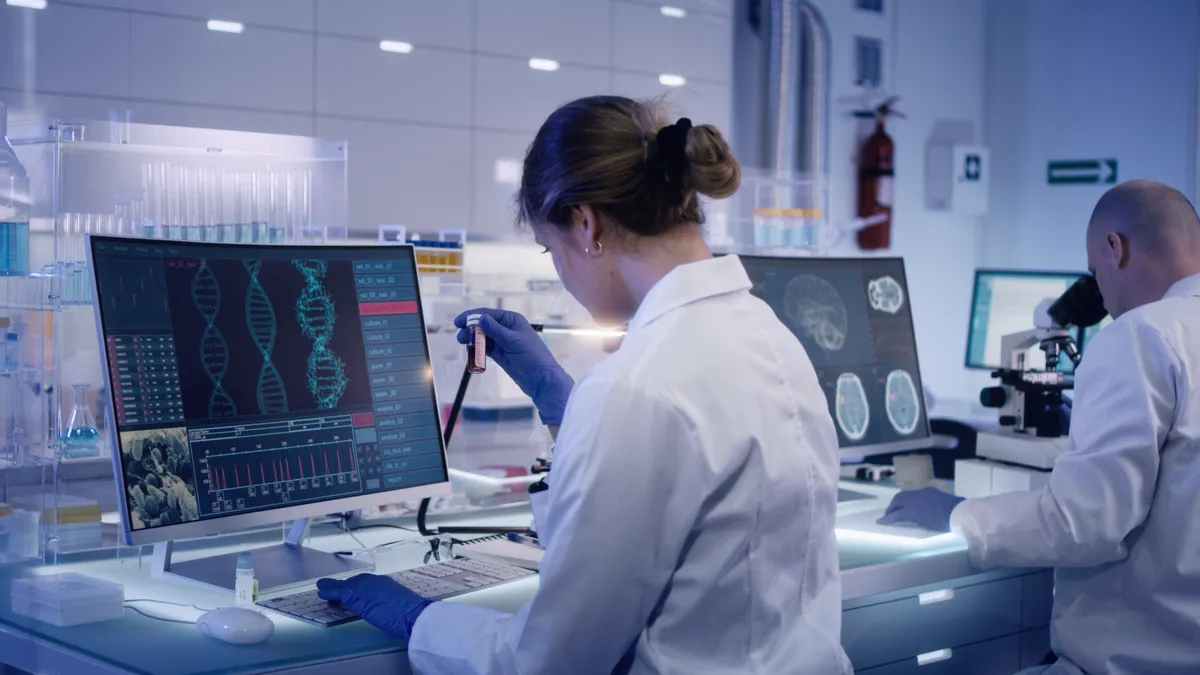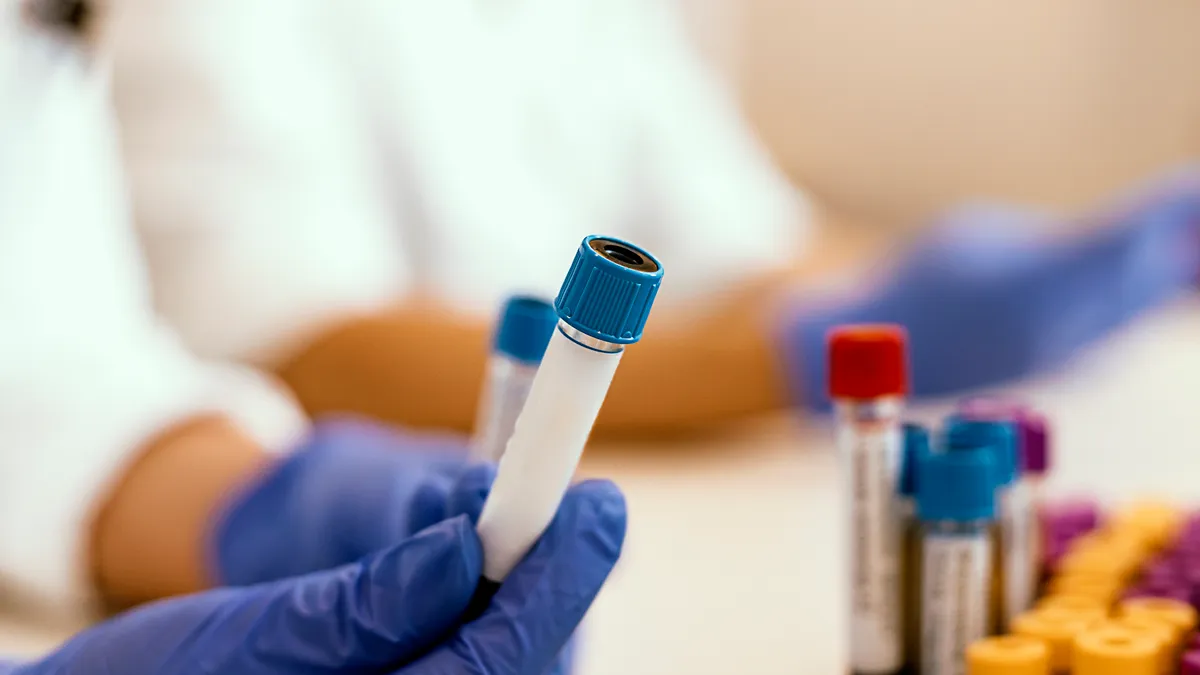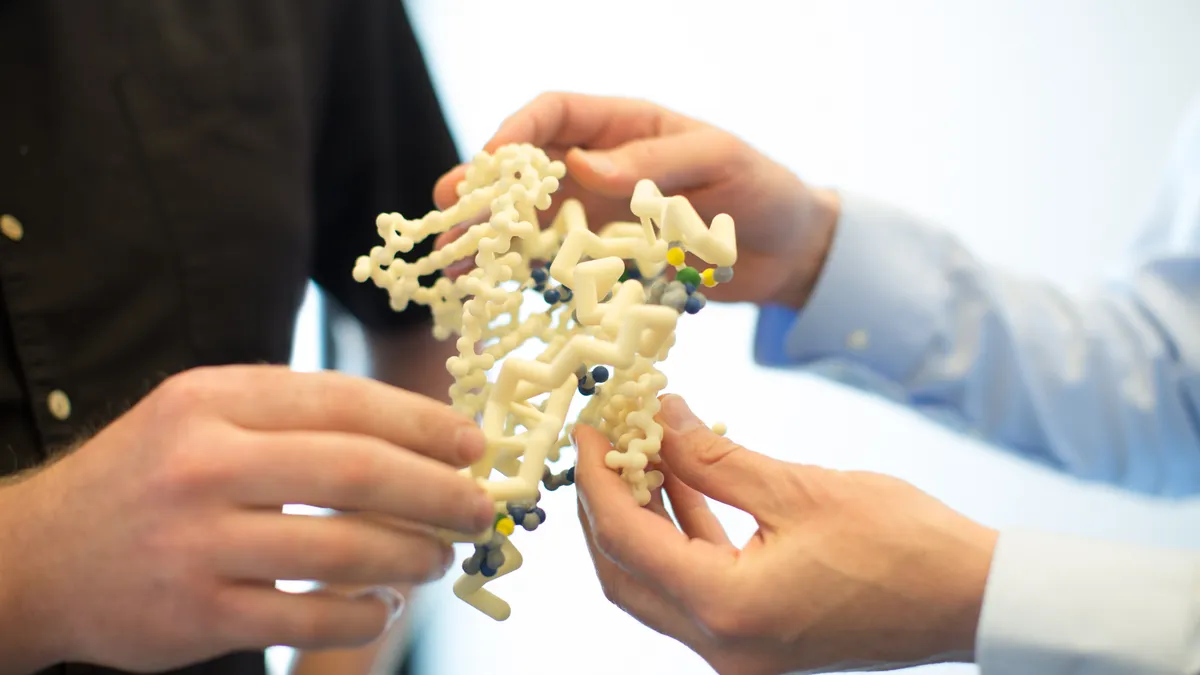Welcome to today’s Biotech Spotlight, a series featuring companies that are creating breakthrough technologies and products. Today, we’re looking at Cidara Therapeutics, a commercial-stage, targeted immunotherapy company.
In focus with: Jeff Stein, president and CEO, Cidara Therapeutics
At a glance: Cidara uses its Cloudbreak platform to develop targeted immunotherapies comprising small molecule drugs, peptides and a human antibody fragment. The conjugates, called drug-Fc conjugates (DFCs), are designed to inhibit specific disease targets while simultaneously engaging the immune system, allowing them to both treat and prevent disease.
Cidara’s antifungal drug Rezzayo was approved by the FDA in March — but the company’s pipeline also includes the influenza A and B preventative CD388, which is in mid-stage clinical trials under an exclusive worldwide collaboration agreement with Johnson & Johnson’s pharmaceutical arm.
Why it matters: DFCs could offer a potentially more effective way than vaccines and other drugs used to prevent some illnesses, according to the company. DFCs are created from a stable linkage between small molecule inhibitors and a fragment of human antibodies, which Stein said makes them different from other small molecules, monoclonal antibodies or vaccines.
“What these drug-Fc conjugates are doing is basically turning a highly potent, small molecule drug into a long-acting drug that also can be used not only to prevent, but also to treat different indications,” he said.
"[J&J] and the potential partners that are highest on our priority list are acutely aware of the need for a drug like this."

Jeff Stein
CEO, president, Cidara Therapeutics
Cidara’s first target is influenza, and the company’s studies have shown it to be safe and effective in humans.
“We felt we could solve the age-old problem of a universal flu vaccine,” Stein said, reiterating, however, that DFCs aren’t vaccines, even if CD388 would be used in much the same way — injected once a flu season. For a percentage of the population who are immunocompromised and can’t tolerate the flu vaccine, a DFC might be effective, he said.
What comes next: The company released high-level results showing that CD388 is safe and well tolerated at a dose well above what would be used for each patient. A mid-stage challenge study showed that a single dose of CD388 was significantly effective in prevention, both by PCR and live virus tests.
Despite Cidara’s success with influenza, the company is pivoting away from infectious disease when it comes to its targets for DFCs. Instead, it will focus on oncology going forward with three molecules in the pipeline for solid tumors.
“Many of the challenges in oncology are represented in viruses as well,” Stein said. “So we felt that the biggest unmet need for this approach was oncology.”
Changes ahead: Cidara has been collaborating with J&J to develop CD388, and even though the pharma giant revealed in August that it’s ending R&D at its infectious disease and vaccine units, it’s not abandoning CD388.
In September, Cidara announced that it received a go-ahead for CD388, and the responsibility for future development, manufacturing and commercialization activities of CD388 will fall to J&J.
Cidara will receive a $7 million milestone payment from J&J and could potentially receive an additional $685 million in development, regulatory and commercial milestones, plus royalties on worldwide sales, it said.
Although they haven’t announced a timeline for the licensing process, Stein expects it “will be pretty efficient.”
“It will definitely be transferred to another partner,” he said. “Both [J&J] and the potential partners that are highest on our priority list are acutely aware of the need for a drug like this. So it's not like this is going to languish for years before it gets developed because there's no vaccine or other drug that can save lives of patients that are vulnerable to influenza like CD388 can.”















